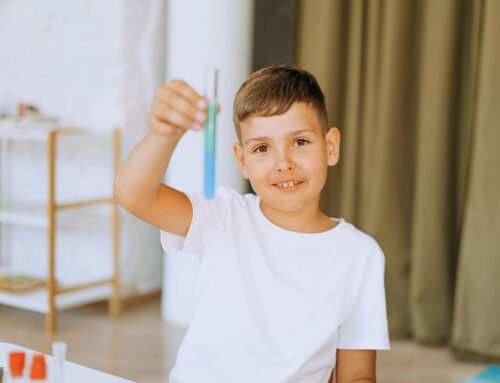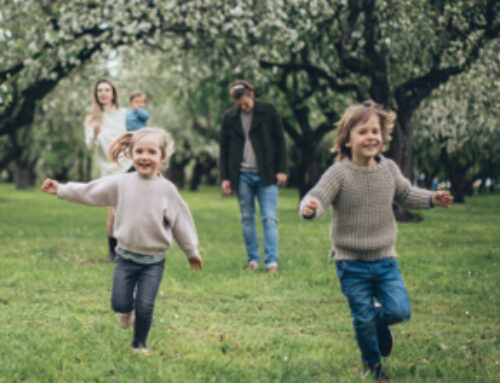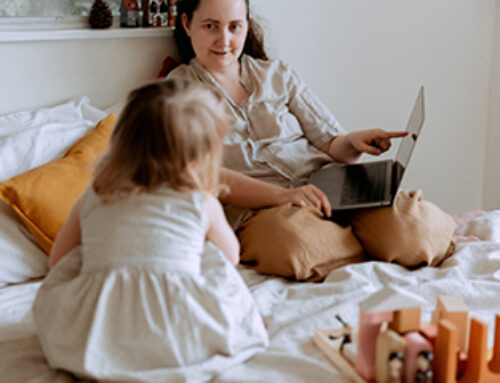Drinking from an open cup is an essential skill that helps your child develop necessary oral motor skills that will encourage safety and independence while eating and drinking. Experts suggest introducing open cup drinking around the same time solid foods are introduced, as early as six months! It can often seem like a huge step to go from bottle drinking to open cup drinking, but given time and exposure, many children are able to master this skill by 11-12 months. Fear not if your child is 2, 3, or 4 and has not yet mastered this skill. Below are some tips and ideas for encouraging practice and mastery of open cup drinking.
1. Introduce early and often
Introduce your child to drinking from an open cup as early as six months. Introduce it after every meal. Some parents find success practicing during bath time to avoid spills! Start with a small cup with a somewhat soft or flexible lip to avoid any accidental bumps to your child’s teeth or gums. Fill it with a minimal amount of water and guide the cup to your child’s lips (encourage your child to also hold the cup under your hands). Slowly tip the cup up until the water reaches your child’s lips for 1-2 seconds and then lower. Model the skill yourself! Say “Ah! Yummy” After you drink to show your child you successfully tasted the water.
2. Use milk or a preferred drink/puree
If your child is not motivated by water, try using a preferred drink to entice them to practice this skill. If your child has difficulty with cup control and is frequently spilling water try a thicker substance, such as watered-down puree, smoothies, or yogurt. This will flow more slowly from the cup and give your child more control and time to prepare their mouth and lips against the lip of the cup. If your child continues to refuse to drink from an open cup, try putting a favorite flavor yogurt or puree on the rim of the cup. This promotes oral exploration of the cup and increases exposure and comfort with a non-preferred item.
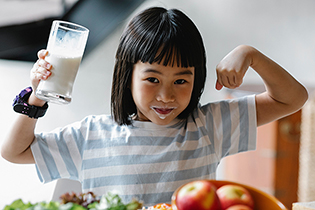
3. Choose helpful alternative cups
Open cups are not always the most realistic on-the-go option when you are outside of your home or kitchen. But when choosing a more portable option, avoid traditional hard spouted sippy cups. Similar to drinking from a bottle, hard spouted sippy cups keep children’s tongue tips lowered while drinking. We want to encourage children to raise their tongue tips to emulate the oral motor skills required for cup drinking. Soft spouted and straw sippy cups encourage this skill better than hard spouted ones. Additionally, 360 handled sippy cups are a great way to practice open cup drinking in a more spillproof and portable fashion.
4. Reinforce your child’s attempts
Be sure to praise your child whenever she attempts to practice this skill! Reward your child’s efforts with celebration, praise, or even a fun reward activity! This will show your child that her efforts are valuable and keep her motivated!
Remember, we are social beings and drinking and mealtime are a social experience. Try to make practicing these feeding and drinking skills fun and interactive! Don’t be afraid to make messes and be silly as you enjoy this special time with your child. Cheers!
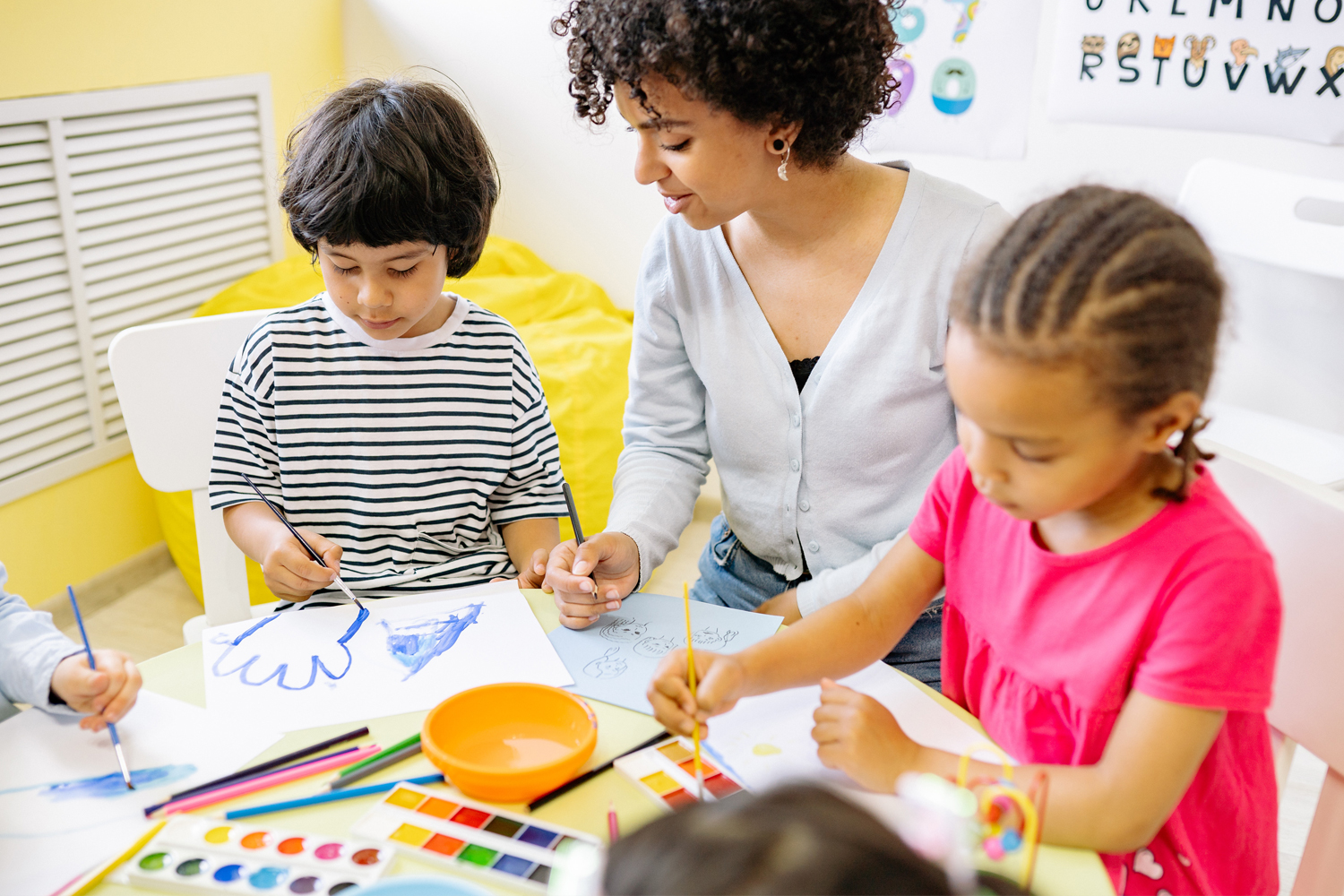
Blue Bird Day fosters socialization, sensory regulation, and pre-academic learning in children ages 2-7 years in therapeutic rotations that simulate preschool and kindergarten settings. Our compassionate therapists practice a relationship-based and family-centered approach, provide parent training, and collaborate on goals and individualized intensive treatment plans for your child.
We believe in a collaborative and multi-disciplinary team approach to therapy. A team of occupational therapists, speech-language pathologists, dietitians, developmental therapists, behavioral therapists, physical therapists, and therapeutic assistants are created for each child to ensure child and family are fully supported and the best possible results are achieved.
Options for individualized, group and virtual therapy sessions are available as well.
Want to learn more or you have a specific question? Feel free to connect with us here!

